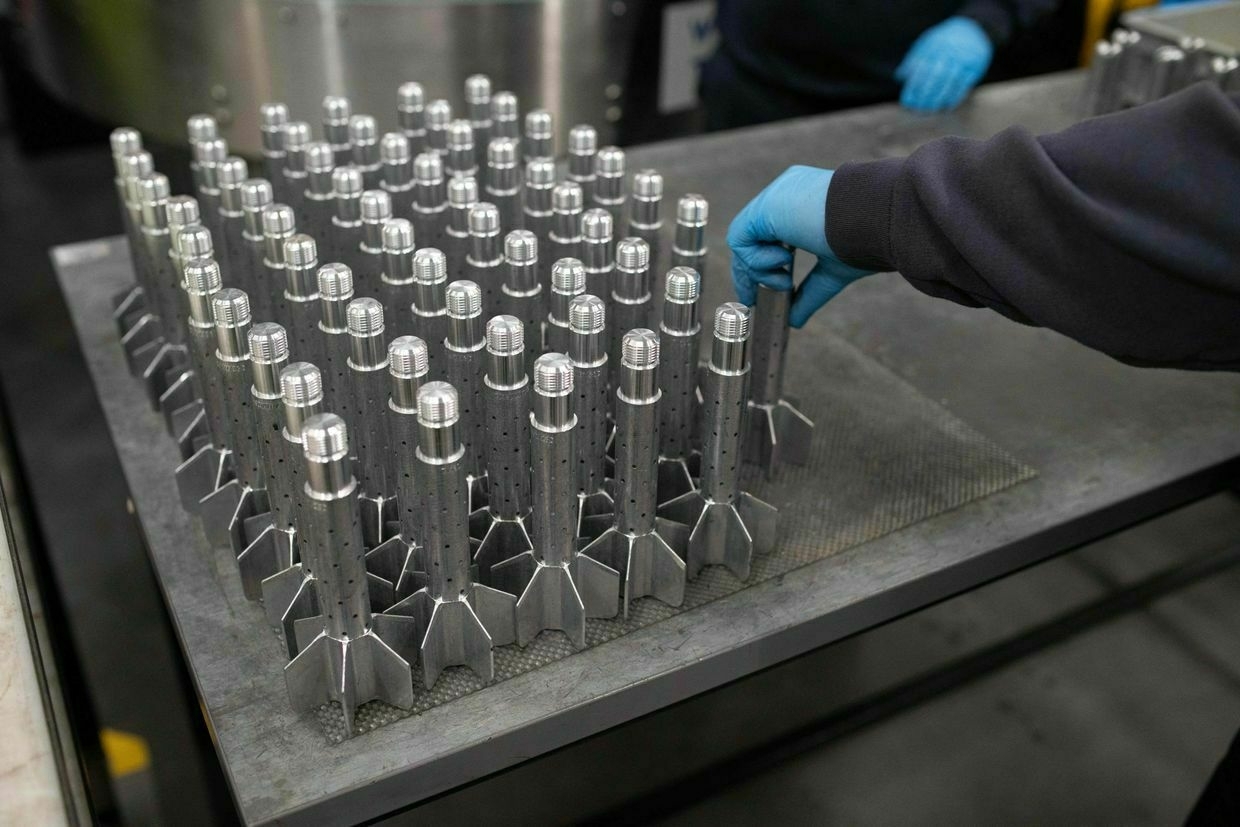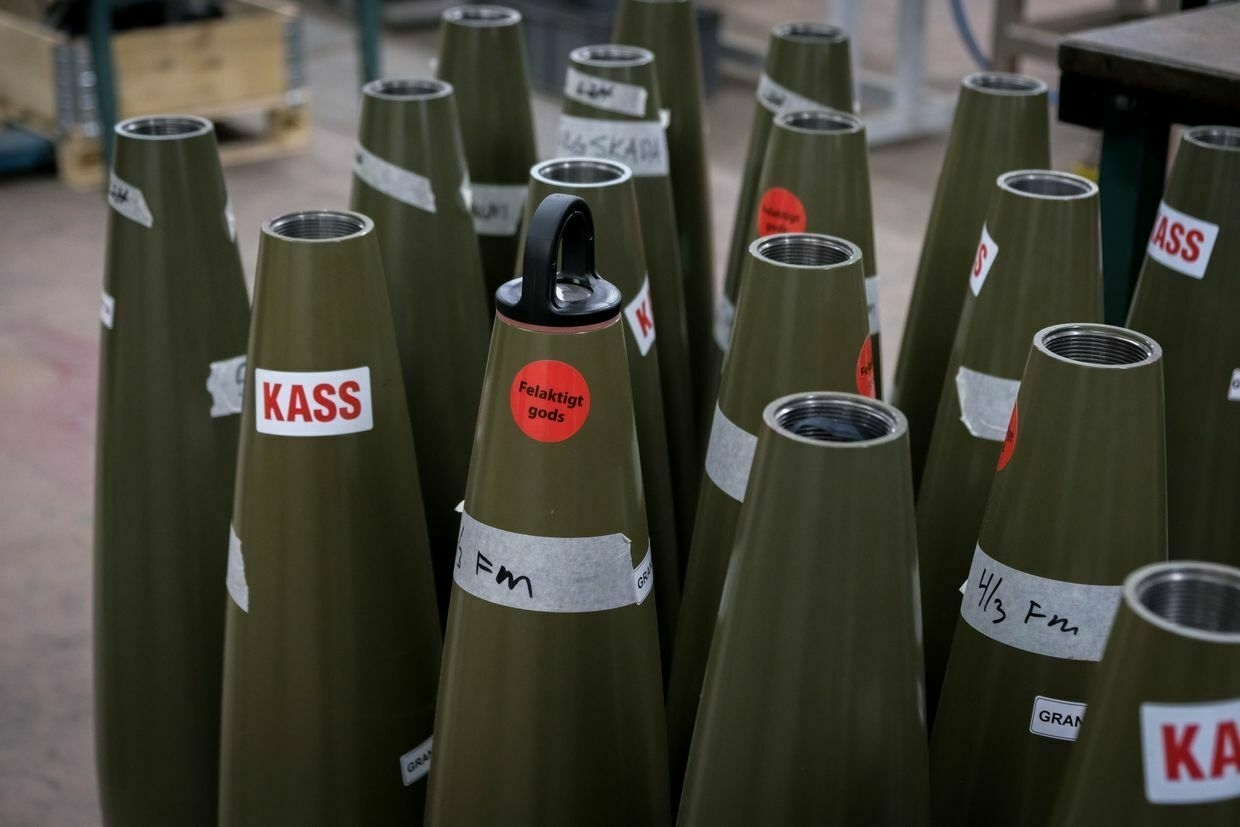
The United Kingdom will significantly ramp up domestic production of military-grade explosives to reduce its reliance on U.S. and French imports, the Times reported on April 20.
The effort is part of a wider trend among European and other allies to become less dependent on U.S.-sourced weaponry after President Donald Trump took office.
Shipping containers will be deployed across the country to produce RDX explosives, which are a key ingredient in NATO-standard 155 mm artillery shells. These rounds are used in British Army systems like the AS-90 and the Archer self-propelled howitzers and have been supplied to Ukrainian forces.
BAE Systems, the U.K.’s largest defense contractor, also plans to construct three new production sites to increase resilience against potential attacks, according to the Times.
BAE’s new facility in Glascoed, South Wales, set to open this summer, will deliver a 16-fold increase in 155 mm shell production compared to pre-Russia-Ukraine war levels. The Times, which was briefed on current production volumes, reported that officials have withheld the exact number for national security reasons.
U.K. Defense Secretary John Healey called the expansion “an important step in learning the lessons from Ukraine, boosting our industrial resilience and making defense an engine for growth.”
BAE, which currently imports RDX from the U.S. and France, aims to make its munitions “Itar-free” — meaning exempt from the U.S.’s International Traffic in Arms Regulations (Itar), which can restrict the sale and export of weapons containing U.S. components. The company’s innovative approach will use smaller, dispersed facilities capable of producing 100 metric tons of explosives annually.
The concern over U.S. reliability is not limited to the UK. In Canada, Prime Minister Mark Carney unveiled a new defense plan on April 19, pledging around $22.4 billion in military spending in response to Trump’s expansionist rhetoric.
“In this crisis, we have to prepare for America’s threats to our very sovereignty,” Carney said, as reported by Politico on April 19. “They want our land, our resources, they want our water, they want our country."
Carney’s plan emphasizes Arctic security, increased spending on military infrastructure, and investments in artificial intelligence and quantum computing.
Trump has called into question the U.S.’s commitment to NATO’s collective defense principle, signaled reduced interest in Europe’s security, and even publicly floated plans to annex Greenland from Denmark and make Canada the 51st U.S. state.
 The Kyiv IndependentMartin Fornusek
The Kyiv IndependentMartin Fornusek
